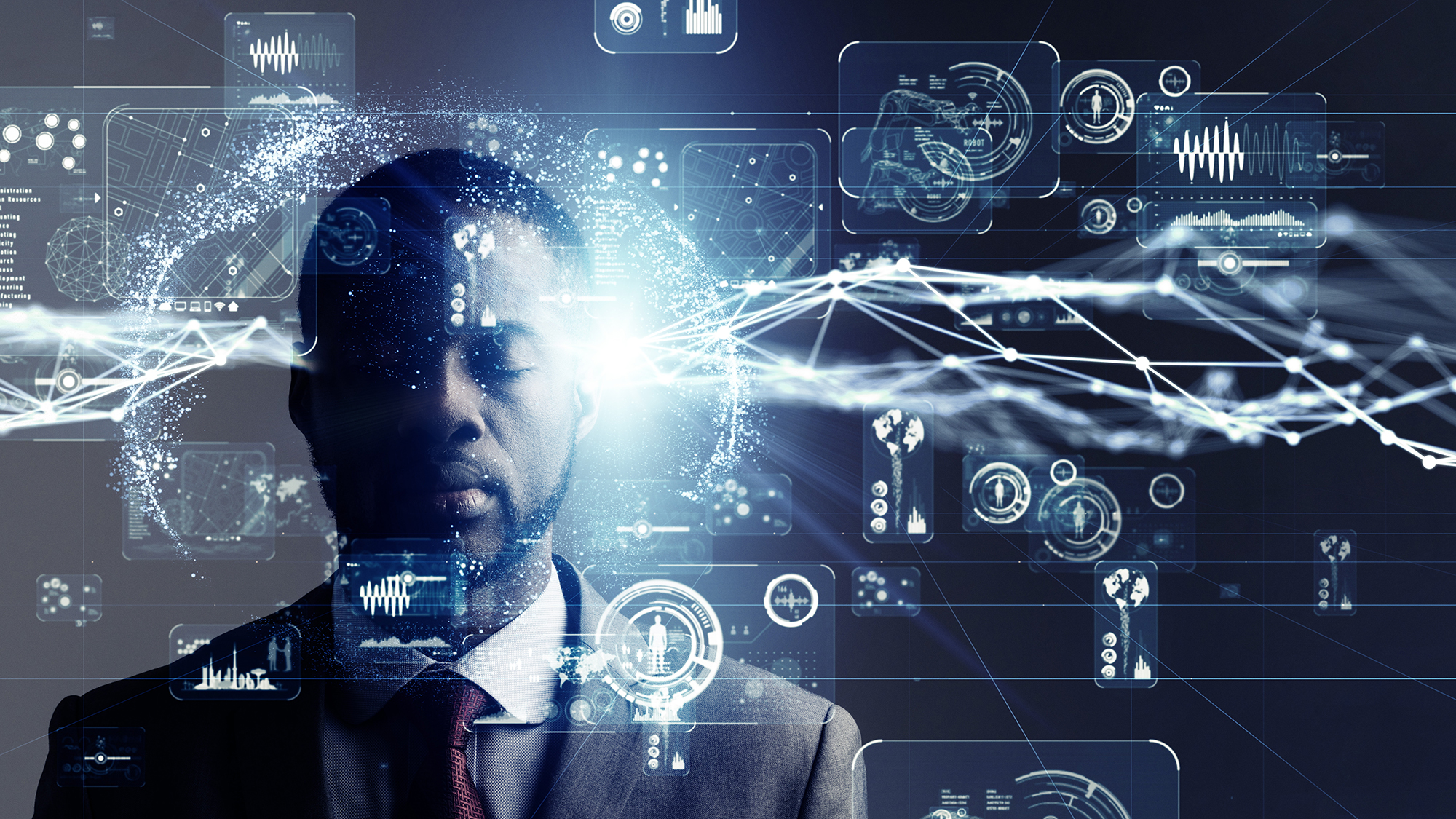Human behavior is a intricate interplay between our physiological needs and psychological impulses. Despite significant advancements in artificial intelligence, it often overlooks the emotional aspect of human intelligence. Emotional intelligence remains a largely uncharted territory in the realm of AI.
Saptarshi Das, an associate professor of engineering science and mechanics at Penn State and the corresponding author of a recent study in Nature Communications, elaborates on their focus: "Our primary goal was to infuse emotional intelligence into AI. Emotion, a multifaceted domain, is extensively studied in psychology. However, for computer engineers, developing mathematical models and harnessing diverse datasets are imperative for achieving this. While human behavior is observable, quantifying it for replication in an emotionally intelligent robot poses a unique challenge with the current state of technology."

Das emphasizes that our eating habits offer a tangible example of emotional intelligence at play, highlighting the intricate connection between physiological and psychological states. Our food choices are heavily influenced by gustation, our sense of taste, which guides us based on flavor preferences, distinct from pure hunger.
He explains further, "Consider a situation where you have access to a variety of food options. You're likely to select the foods you enjoy the most, rather than something bitter, correct?" This choice is driven by psychological factors even when physiological hunger is satisfied.
Many have experienced moments when they indulged in a favorite treat, like a slice of chocolate cake, despite feeling full after a hearty meal. Das elaborates, "If you're presented with something sweet, you're likely to indulge, even if you're not hungry from a physiological standpoint. It's your psychological state seeking satisfaction."
While questions remain about the brain's neuronal circuits and molecular-level mechanisms related to hunger perception and appetite control, advancements such as improved brain imaging have started shedding light on the inner workings of these circuits concerning gustation.
This research underlines the intricate balance between our physiological and emotional intelligence, emphasizing the potential for AI to bridge this gap. The pursuit of emotionally intelligent AI systems continues to evolve, paving the way for a deeper understanding of human behavior and cognition.










